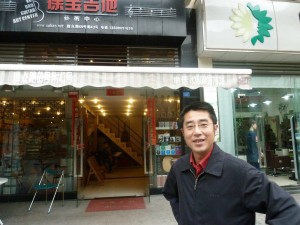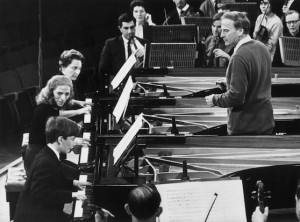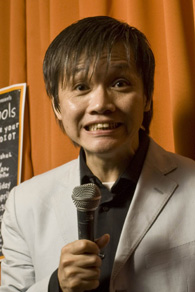 Another person whom I have known for an age, Kenneth has been on the Hong Kong guitar scene for as long as I can remember. He is professor of guitar at Guangzhou Conservatoire and also a stand up comedian (are they the same?).
Another person whom I have known for an age, Kenneth has been on the Hong Kong guitar scene for as long as I can remember. He is professor of guitar at Guangzhou Conservatoire and also a stand up comedian (are they the same?).
He is also an avid traveller in China and seems to know much of what goes on there.
This is an interview I held with him in one of the many coffee shops we frequent in Hong Kong, where he talks about China, teaching and life…
Find out more on his Facebook page
This is what he has to say about himself:
- Kenneth Kwan is considered a comic’s comic’s comic, since nobody but comics may understand his jokes, and that’s when they’re drunk. He’s a musician and full-time womanizer, that is, he tries to help women become more woman by helping with chores behind the backs of their spouses, so that a woman can one day be womanizest (they don’t call him a comic’s comic’s comic for nothing).
Here’s what famous comedians have to say about Kenneth:
Seinfeld: “Kenneth who?”
Johnny Carson through a medium: “For someone who has absolutely no talents, Kenneth sure tries hard…even though nobody laughs, the world is better because of this!”

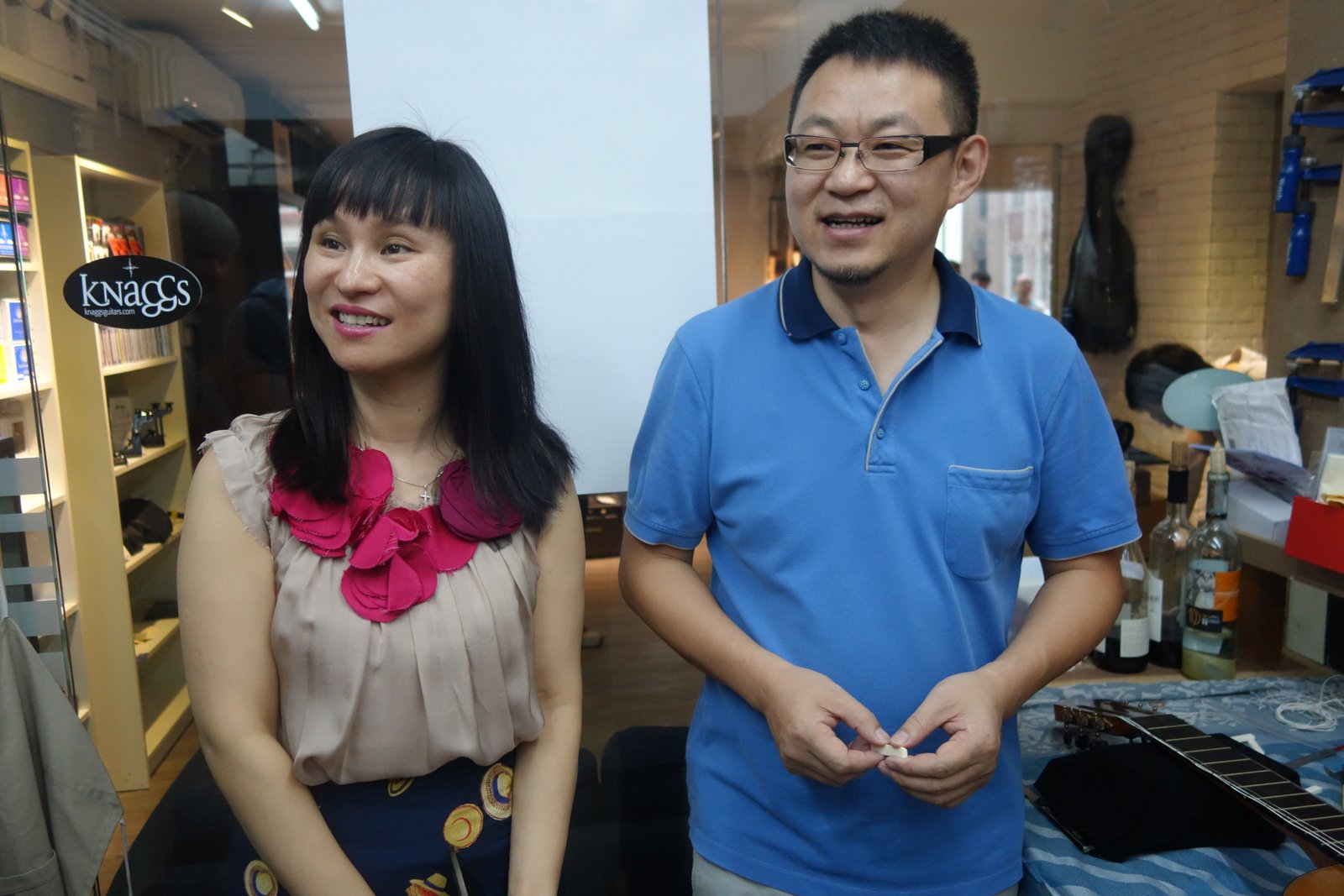
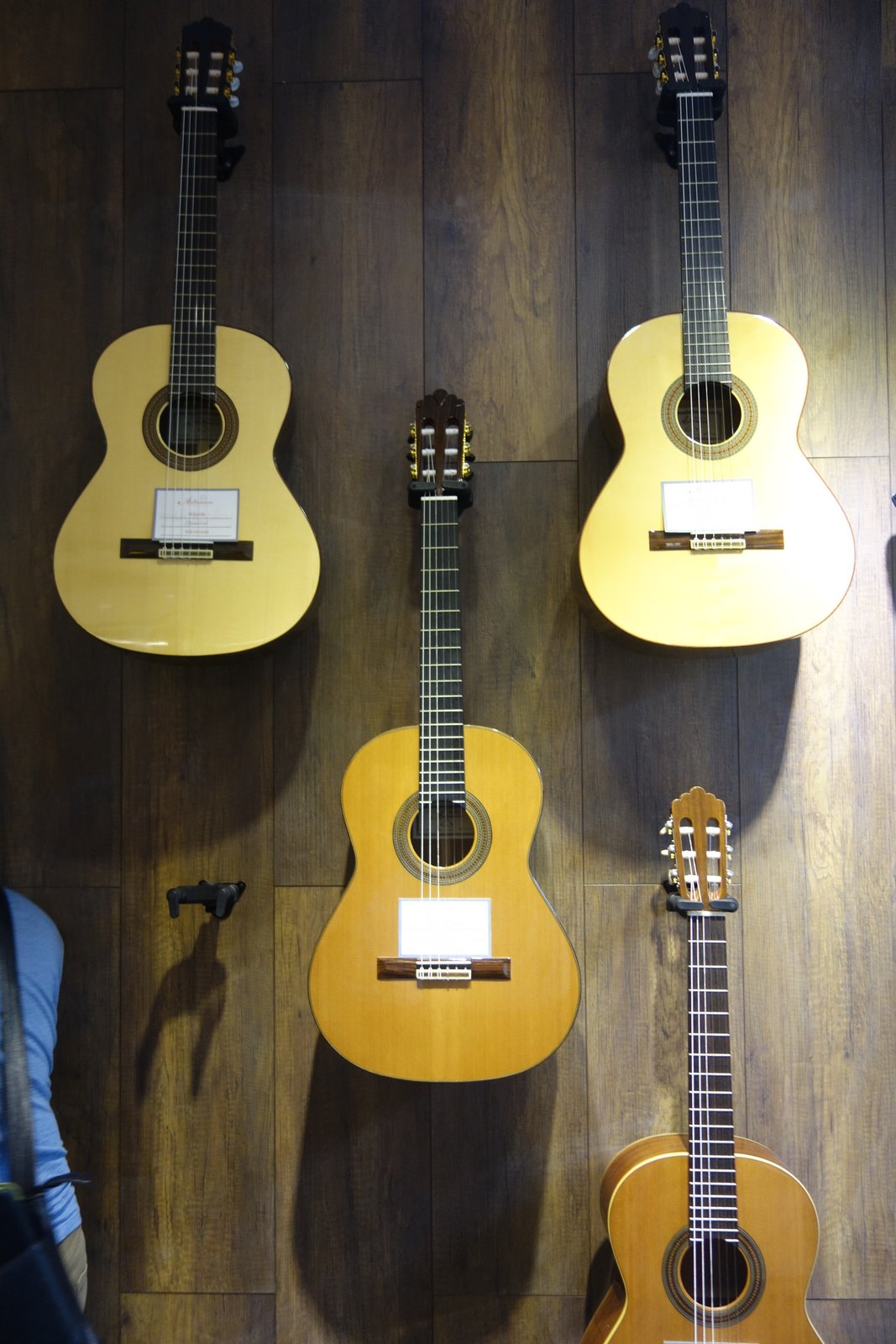
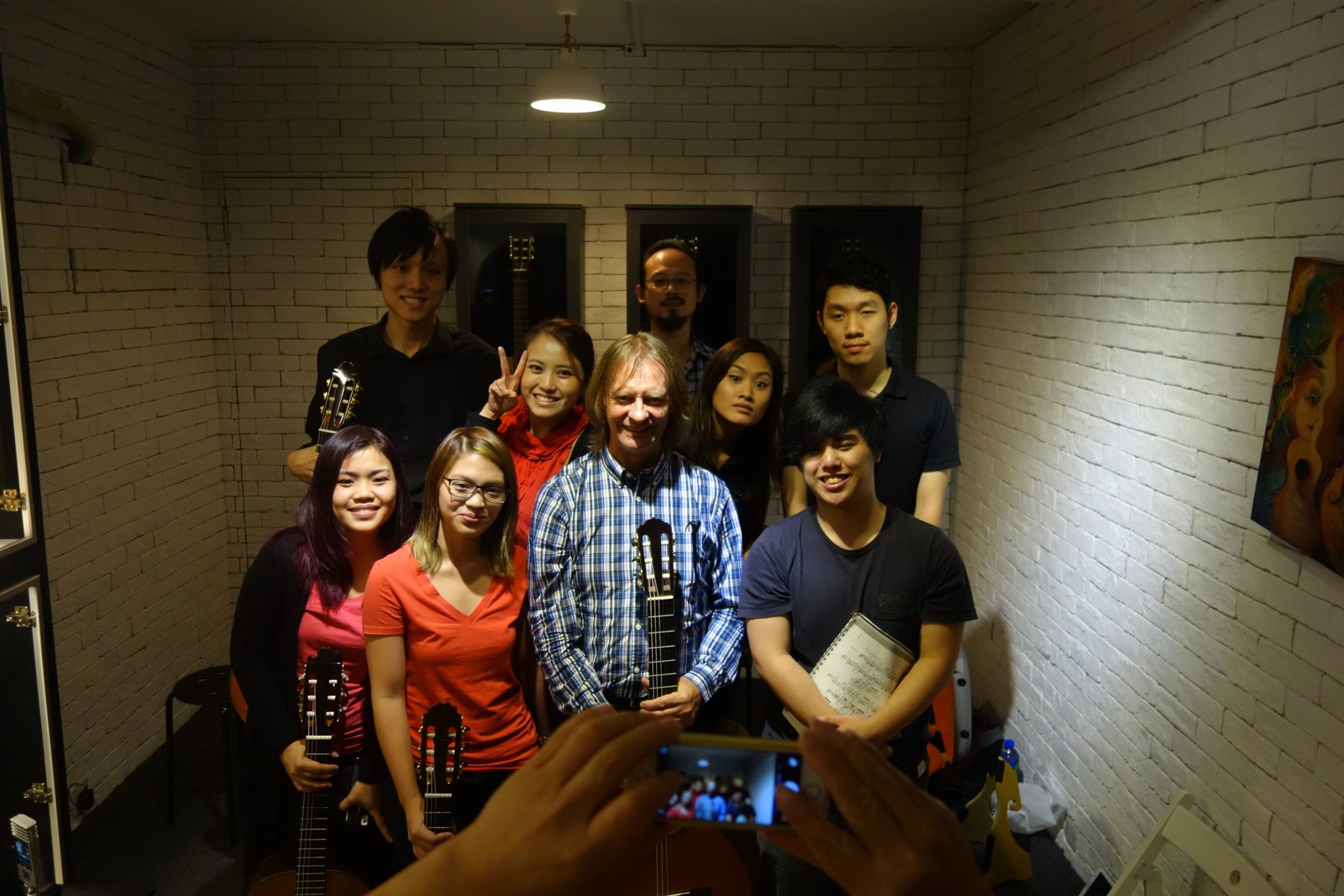
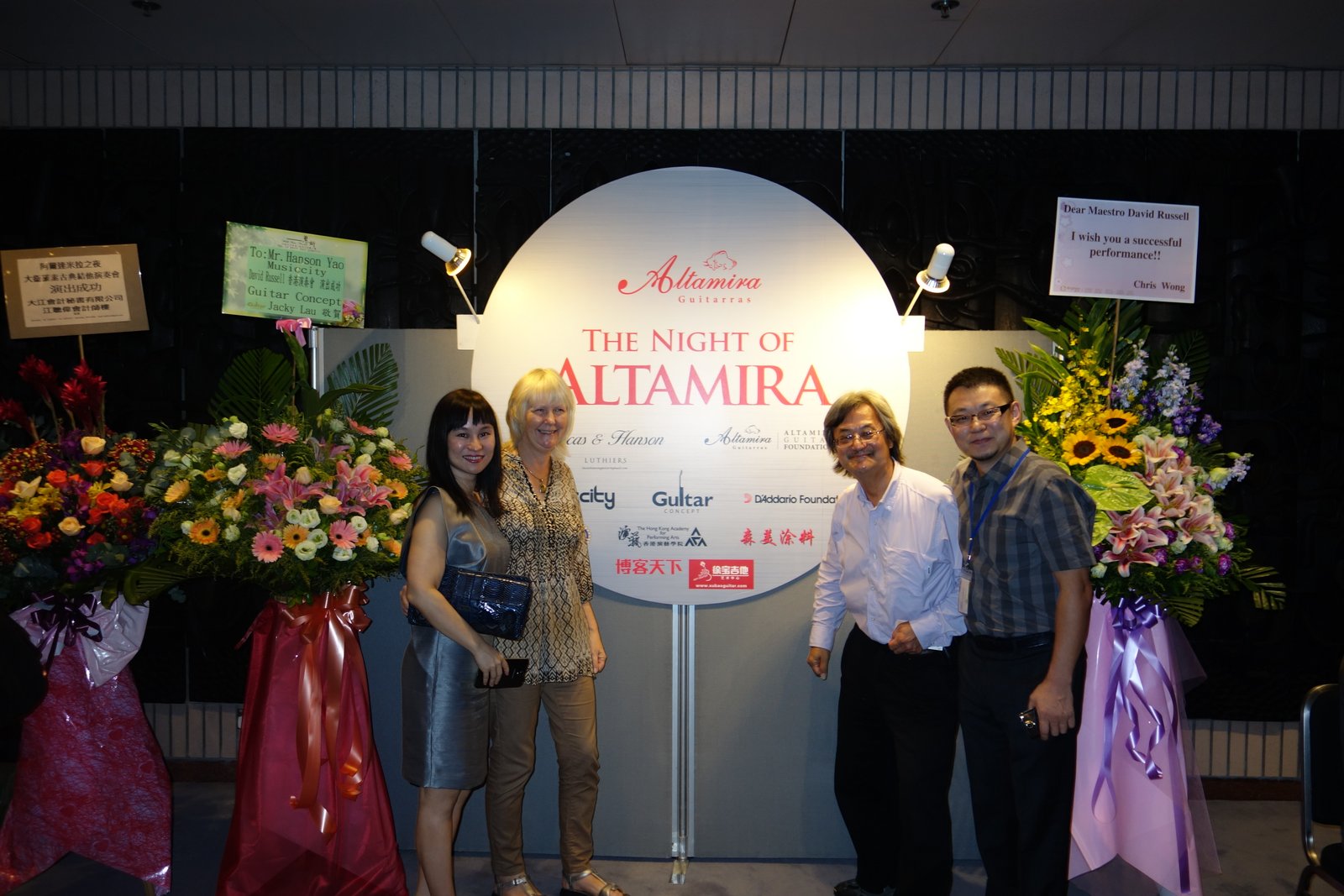
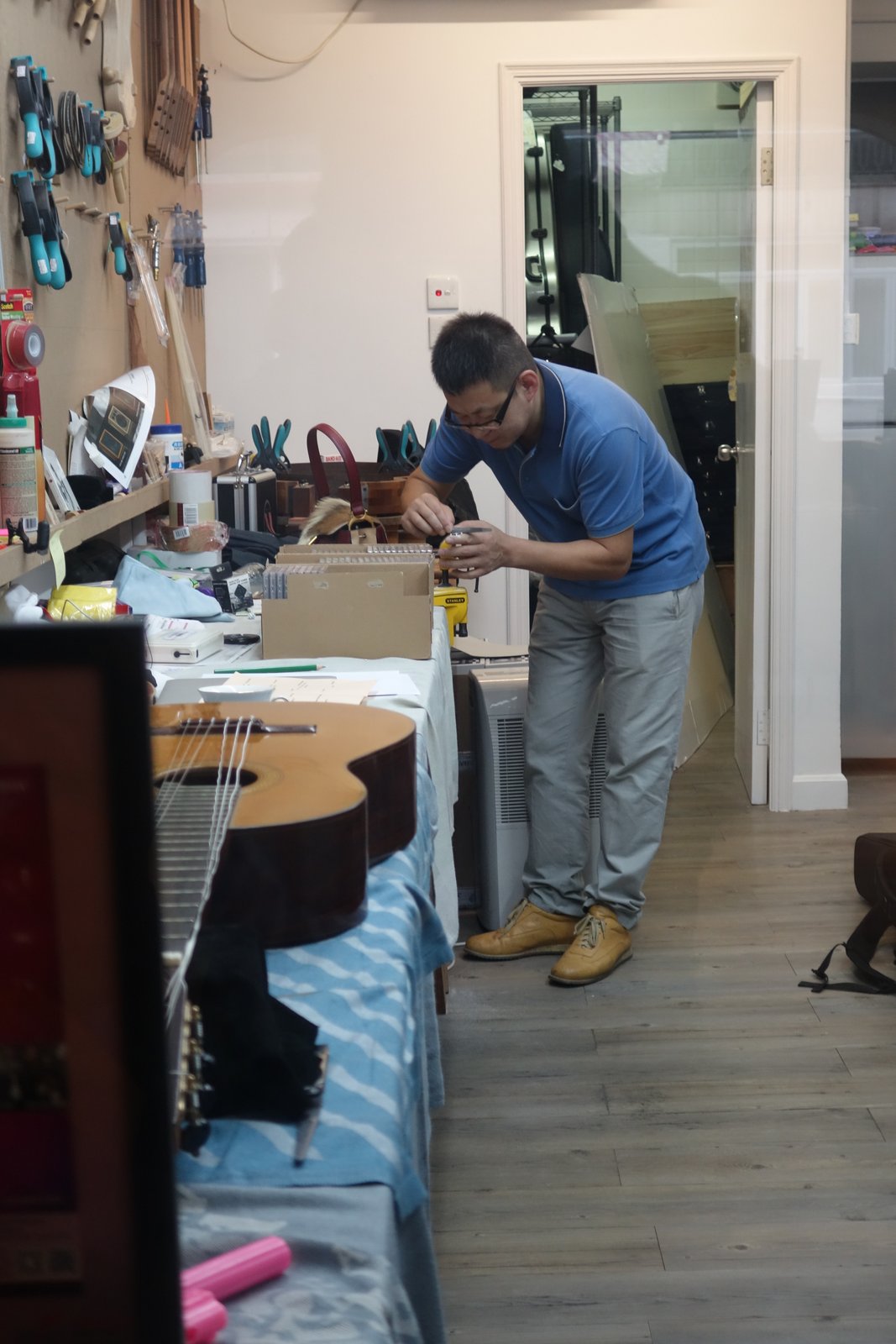
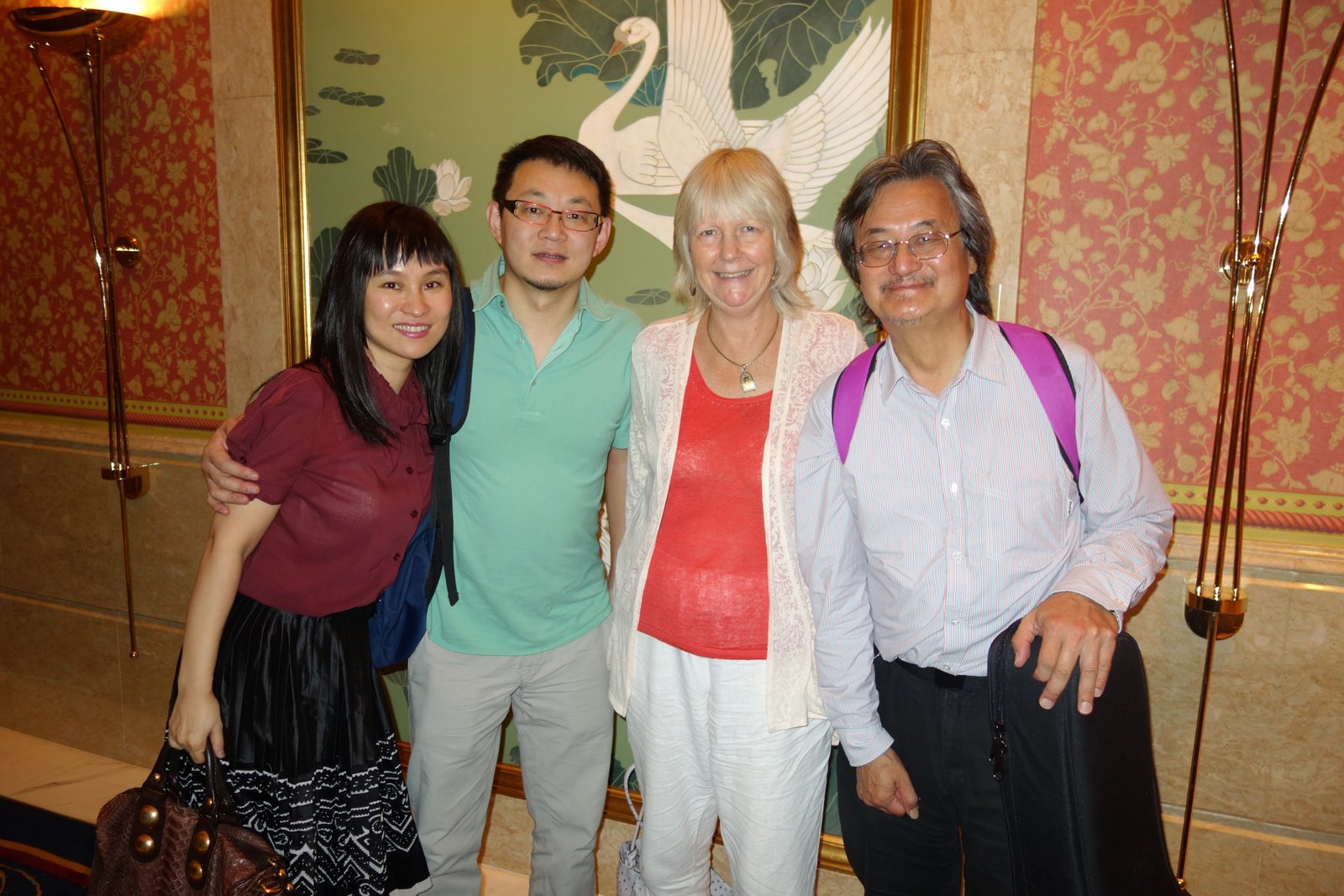
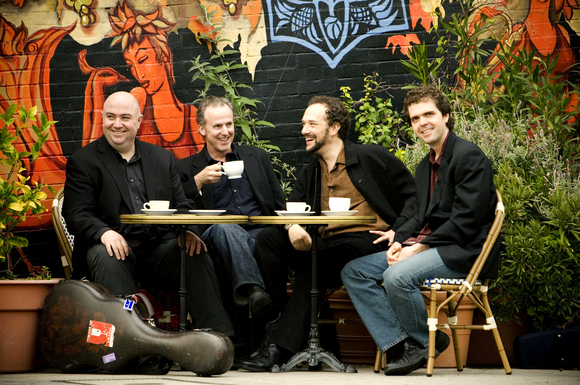

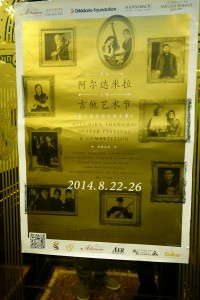 A personal take on this amazing event which had 450 contestants and 120 jury, and concerts and clsasses by Aniello Desiderio, Eliot Fisk, the Amadeus Duo, Emma Rush, Eva Beneke, Kuang Junhong, Beijing Quartet, etc and yours truly with a movement from
A personal take on this amazing event which had 450 contestants and 120 jury, and concerts and clsasses by Aniello Desiderio, Eliot Fisk, the Amadeus Duo, Emma Rush, Eva Beneke, Kuang Junhong, Beijing Quartet, etc and yours truly with a movement from
